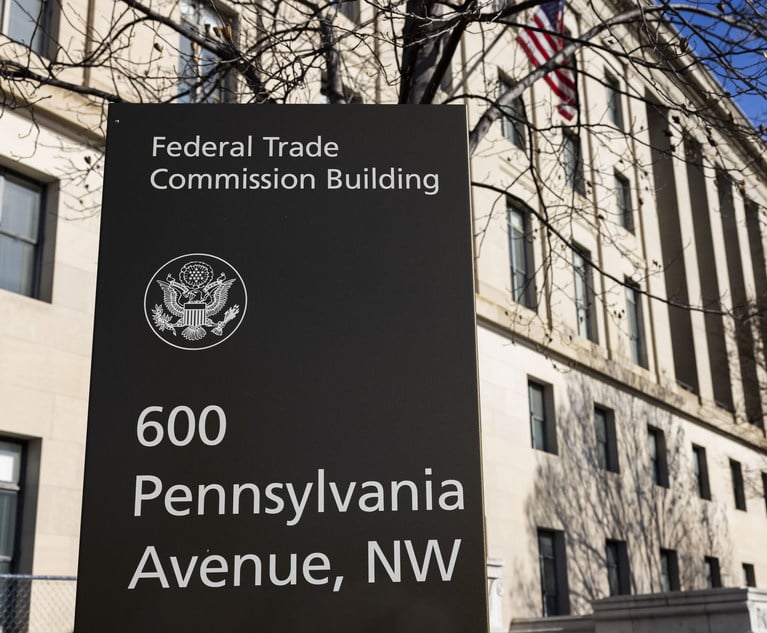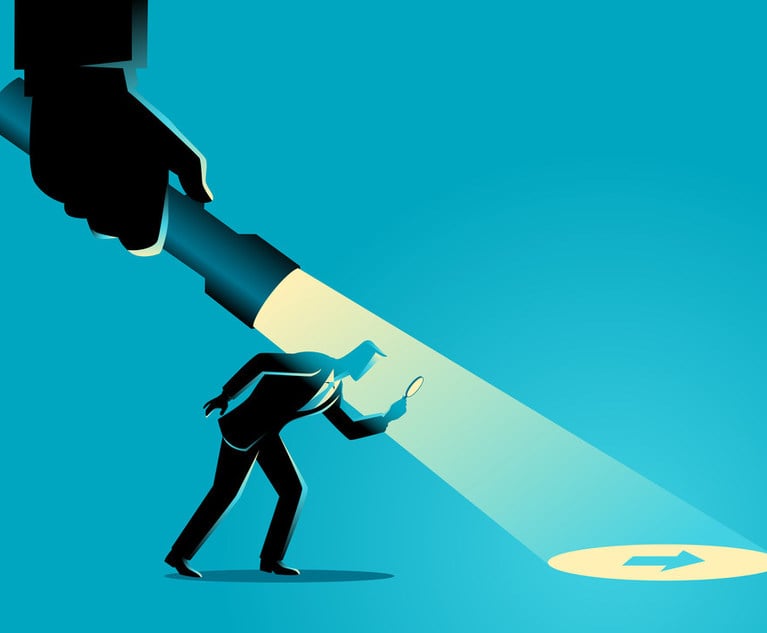This article appeared in The Bankruptcy Strategist, featuring the strategies and techniques devised by the country’s top bankruptcy lawyers and reports on innovative procedural techniques, legislative developments and recent judicial rulings — plus what they mean for you and your clients.
“[S]ometimes a debtor is liable for fraud that she did not personally commit,” held the U.S. Supreme Court on Feb. 22, 2023, when the debtor’s business partner had deceptively obtained money by fraud, thereby making the innocent partner liable for a nondischargeable debt under Bankruptcy Code (Code) §523(a)(2)(A) (“any debt from money “obtained by … fraud” not dischargeable and survives debtor’s bankruptcy). Bartenwerfer v. Buckley, 2023 WL 2144417 (Feb. 22, 2023). Unanimously affirming the Ninth Circuit and resolving “confusion in the lower courts,” the Court explained that the common law and precedent precluded an innocent debtor from discharging a debt obtained by the fraud of the debtor’s agent or partner. Id. at *8. The innocent debtor here thus could not use bankruptcy to avoid liability. More important, the decision has practical significance for corporate officers and others in an agency or partnership relationship. The decision also may have serious consequences for corporate Chapter 11 debtors whenever a “domestic governmental unit” is a creditor.

 (Credit: Diego M. Radzinschi/ALM)
(Credit: Diego M. Radzinschi/ALM)







